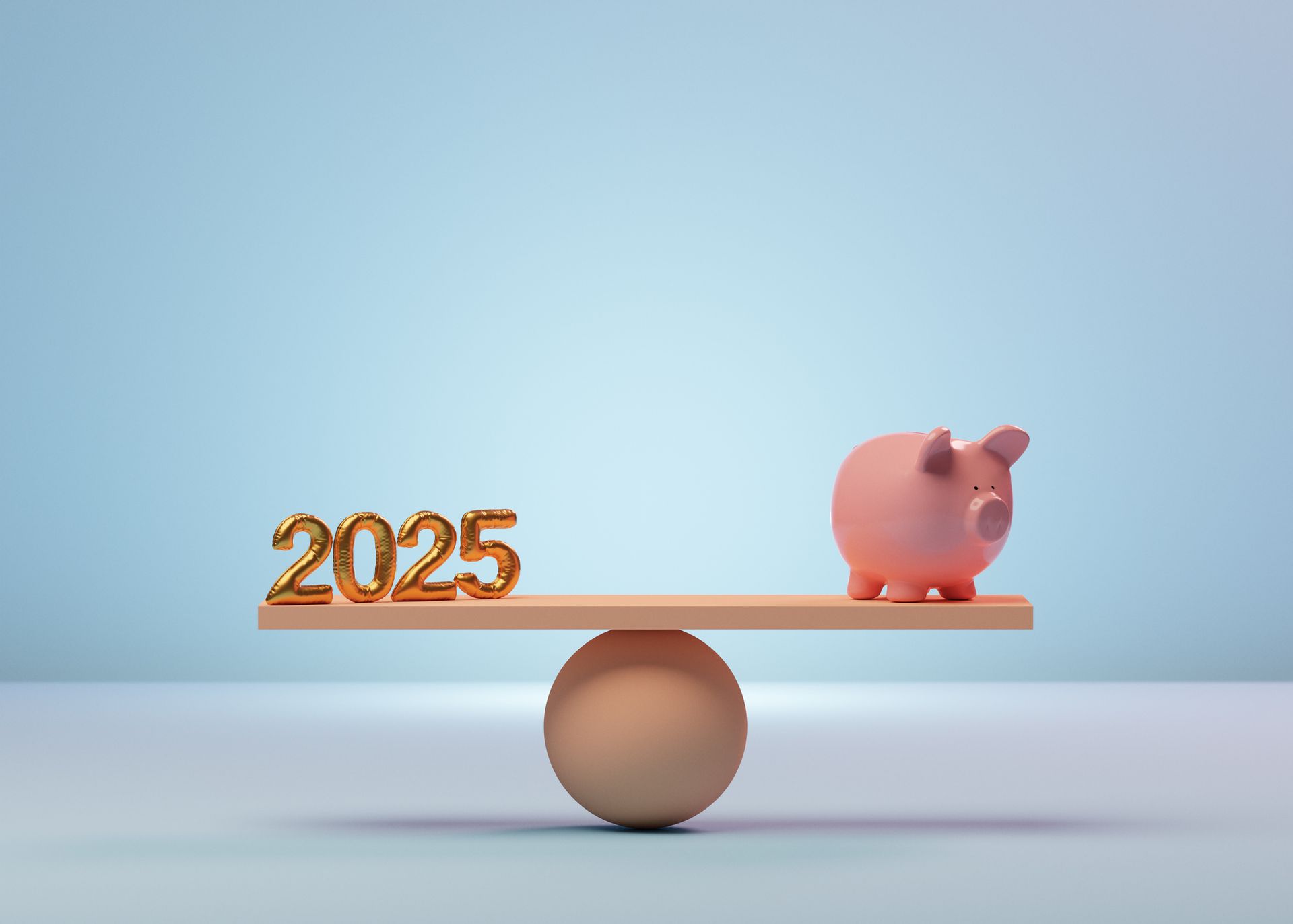Understanding the Surge in Credit Card Debt
Why is Credit Card Debt Rising?

In recent times, credit card debt has reached unprecedented levels. This surge poses significant challenges for individuals and the economy alike. In this blog, we'll delve into the causes of this rise in debt, its implications, and strategies to manage and overcome it.
The landscape of personal finance is ever-evolving, but a concerning trend has emerged prominently in recent times. Credit card debt, a perennial challenge for many, has soared to all-time highs. This surge not only reflects changing economic circumstances but also raises crucial questions about spending habits and financial management.
The Current State of Credit Card Debt
Recent statistics paint a stark picture: credit card debt has reached unprecedented levels. As of December 2023, consumer's outstanding credit card debt is nearly $1 Trillion!, marking a significant increase from previous years. This rise is attributable to various factors, including economic fluctuations and shifts in consumer spending behavior.
The implications of burgeoning credit card debt are manifold. On an individual level, it translates to increased financial stress, potential credit score damage, and a higher risk of insolvency. Economically, it can signal reduced consumer spending power and potentially presage a broader financial crisis if left unchecked.
Why is Debt Rising?
Several factors contribute to this escalation. Key among them are:
- Rising Living Costs: As the cost of living outpaces income growth, more people rely on credit cards to bridge the gap.
- Changing Spending Habits: With the advent of online shopping and instant gratification culture, credit cards have become a go-to payment method for many.
- Economic Uncertainty: Fluctuations in the job market and economic stability can lead to increased reliance on credit as a safety net.
Strategies to Manage and Reduce Debt
Managing and reducing credit card debt requires a proactive approach:
- Budgeting: Develop a realistic budget that prioritizes debt repayment.
- Debt Consolidation: Consider consolidating multiple debts into a single loan with a lower interest rate.
- Financial Counseling: Seek advice from financial experts for personalized debt management strategies.
Preventive Measures
Preventing excessive credit card debt is as crucial as managing it. Financial literacy plays a key role here, along with understanding the terms and conditions of credit agreements. Adopting a mindset of responsible spending and living within one's means is fundamental.
The rise in credit card debt is a multifaceted issue that warrants attention and action. It's a phenomenon that encapsulates the challenges of modern financial life but also presents an opportunity to reassess and reform our approach to personal finance. By understanding the factors at play and adopting strategic measures, individuals can navigate this tide and emerge financially stronger and wiser.




